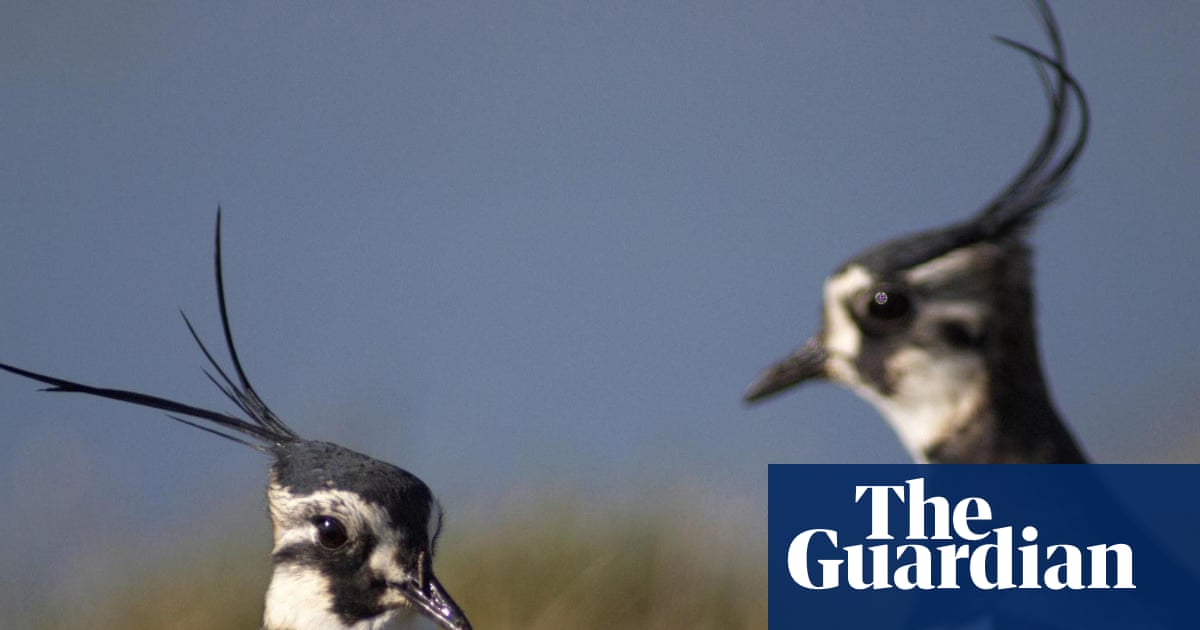
"Alarmingly, the new data show an accelerating pattern of decline in our bird populations, whether on our farmland, wetlands, uplands or seas, as they are pushed past their limits. Notably, seabirds have crashed in number, many hit hard by avian influenza, on top of a cocktail of growing pressures. Time is running out to meet government targets to recover nature and yet we have the solutions and know-how, now we need all the different actors to pull together to bring UK birds back from the brink."
"Intensive farming practices have had a significant impact on some bird populations, due to the increase in the use of machinery and pesticides, as well as the removal of habitats such as hedgerows. In some areas, rare bird species such as turtle doves are now making a comeback as farmers create habitats and farm more sustainably. The report, from the Department of Environment, Food and Rural Affairs, notes that widespread take-up of these practices is required if bird numbers are to recover."
"Farmland bird populations have fallen by about 62% over the long term and 11% in the short term, with harsher declines for farmland specialist birds than generalists. Those which have faced the worst declines include turtle dove, grey partridge and the tree sparrow. However, there is also some good news in the data, which shows that woodland bird populations are beginning to stabilise as more habitat is restored across the UK."
UK wild bird species are facing accelerating declines and some local extinctions. Between 2019 and 2024 the species index fell 4% in the UK and 7% in England. Intensive farming—more machinery, pesticides and habitat removal such as hedgerows—has driven many declines. Farmland bird populations have fallen about 62% long-term and 11% short-term, hitting farmland specialists hardest. Species worst affected include turtle dove, grey partridge and tree sparrow. Seabird numbers have crashed, worsened by avian influenza alongside other pressures. Some rare species recover locally where farmers create habitats and farm sustainably; widespread uptake is needed. Woodland bird populations are beginning to stabilise as habitat restoration increases.
Read at www.theguardian.com
Unable to calculate read time
Collection
[
|
...
]